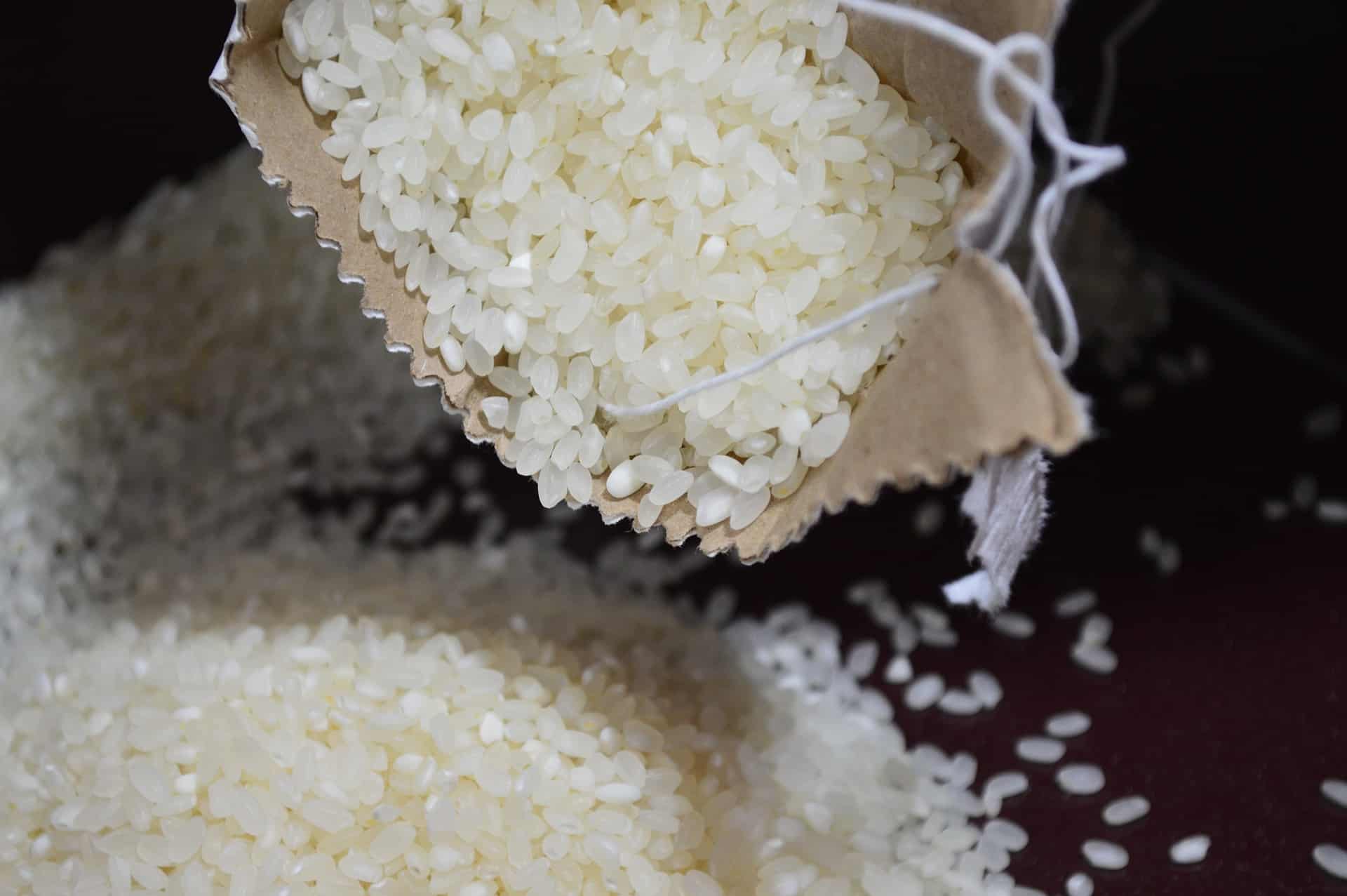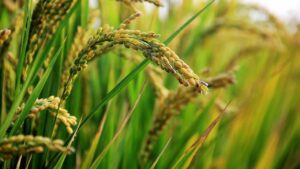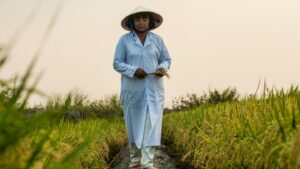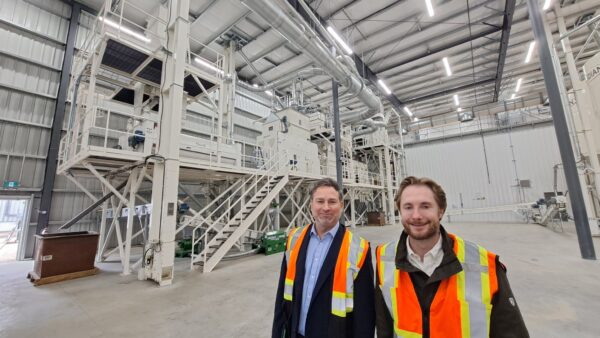Bing Yang, PhD, Danforth Center principal investigator and professor of plant science at the University of Missouri – Columbia, is an expert on rice bacterial blight and has developed tools to help increase the speed of research according to a release. Yang has worked to develop new biotechnology tools to help with research of rice bacterial blight.
Rice is an important crop globally as billions of people rely on it to feed their communities. Especially in Asia and Africa, rice is more than just a food. Many smaller holder rice farmers still use traditional farming practices for their crops.
“Small farmers grow rice in the paddy field,” said Yang. “There are no machines. It must be cultivated by hand. Sometimes you use water buffalo to help plow the field. You cut the rice by hand with a machete.”
Yang comes from the Szechuan province where he was raised in a smallholder rice farming family.
“Rice research is personal for me. Rice production and harvest matters to my family — and to millions of other small-scale farmers,” added Yang.
In 2022, rice production decreased by up to 10% in some countries. Due to floods and drought becoming more common, rice farmers are feeling the impact of climate change. Droughts stress rice plants which make them more susceptible to disease while floods create wet environments where pathogens thrive.
Rice bacterial blight is extremely destructive and cause by the pathogen Xanthomonas oryzae pv. oryzae (Xoo). The disease has greatly impacted southeast Asia and West African countries, causing up to 75% in yields lost. There are no chemical solutions to control bacterial blight, to the only option is disease resistance in the crop.
“With better understanding of how diseases infect plants, combined with advanced biotechnology tools, we can develop genetic resistance in rice varieties,” said Yang. “Our goal is to give smallholder farmers seeds and tools to manage blight disease and reduce harvest losses.”
Yang and fellow researched were able to use CRISPR-Cas9 technology for gene editing in 2019. They successfully edited the genes that make the rice plant susceptible to bacterial blight. The researchers’ trials showed the gene-edited rice offered broad-spectrum resistance and their findings were published in Nature Biotechnology.
The U.S. and Colombian regulators classified this “gene-edited blight-resistant rice as equivalent to conventional varieties,” according to the release. The blight-resistant varieties can be used to move the trait into multiple types of rice with standard breeding.
“We still face challenges ahead,” said Yang, “But I believe we can help farmers effectively control bacterial blight and eliminate the epidemic.”
Rice can be used as a model crop, meaning this research can be applied to other grass species including corn, sorghum, wheat and switchgrass. Yang noted his tools are not limited to his research lab.
“It’s important to me that we share our knowledge. We make our biotechnology toolkits available to other scientists to use in their research, so these powerful tools can have a bigger impact in advancing plant science research,” finished Yang.













